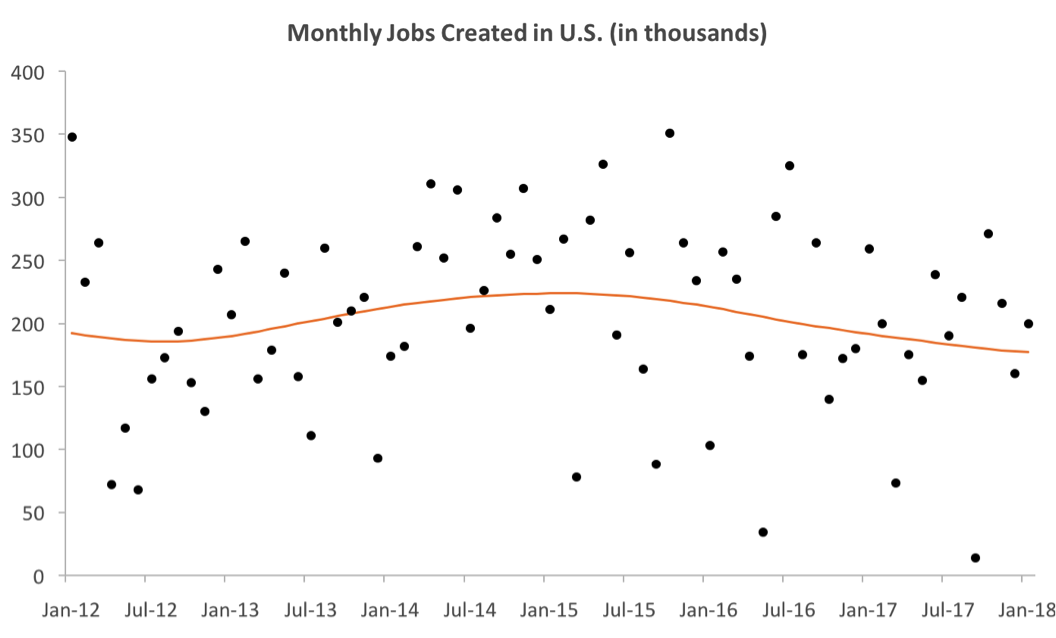Last week, I was fortunate enough to host a campus visit from Jon Favreau, Tommy Vietor, and Dan Pfeiffer of Pod Save America just prior to their live show in Denver. One University of Denver student, Max Parmenter, asked a question that I think deserves some thought: People have written tens of thousands of words about the extent to which President Donald Trump has undermined many democratic norms. But are there some norms that we won’t miss? Might we actually be better off without some of them?
Favreau answered this by noting that his former boss, President Barack Obama, and many of Obama’s predecessors, were very cautious in their public remarks on a wide range of topics. Part of being “presidential,” after all, is appearing studied and circumspect. A president who speaks too rashly or too candidly, we’ve been told, can spark a crisis, even a war. Perhaps Trump is showing us, Favreau suggested, that this narrative isn’t actually true, or that it’s at least been exaggerated.
THE PRICE HE WILL PAY: President Donald Trump’s main legacy will likely be a series of new laws and practices designed to prevent someone like him from abusing power or even obtaining it in the first place.
This seems a fair point. Presidential candidates and other national politicians have been criticized for “talking down” the economy for years. Political observers called Trump and Bernie Sanders to task in 2016, for example, for eroding faith in the American economy. Presidential candidates running against incumbents during difficult economic times are sometimes cautioned to moderate their tone, lest they go from criticizing the incumbent’s handling of the economy to actually undermining it. The concern is basically that people will believe them—if consumers think the economy is worsening they’ll be less likely to make big purchases, businesses will be less likely to make investments, and so forth. Thus predictions of a declining economy become a self-fulfilling prophecy.
You really can’t come up with a greater difference in approach to this matter than that between Obama and Trump. Obama was famously cautious—one of the few times he seemed to shoot from the hip was when he said a police officer acted “stupidly” for arresting Harvard University Professor Henry Louis Gates for entering his own home. Obama was criticized for weeks for this apparent violation of traditional presidential etiquette.
Trump, then, is the id to Obama’s superego. Even while the economy was steadily growing and unemployment was dropping under Obama’s presidency, Trump claimed it was facing catastrophe. Unemployment figures reported by the government were lies, he claimed; the actual unemployment rate was anywhere from the teens to the 40s. Of course, once Trump became president, he quickly touted government statistics showing how strong his economy had grown.
Here, courtesy of the Bureau of Labor Statistics, is what monthly job creation reports have looked like for the past six years:

As the smoother line shows, there hasn’t actually been a lot of change since Trump became president in early 2017. It’s hard to find much evidence that Trump’s down-talking hurt the economy, or that his sudden sunny shift has buoyed it. The president, it turns out, has only limited power to affect the economy in the short run, and his rhetoric has very little to do with that.
One could make a similar argument about foreign affairs. Presidents are generally circumspect about their remarks—often far more so than they were even as presidential candidates. Candidates may make comments about remembering the Armenian Genocide or moving the American embassy in Israel to Jerusalem or calling out particular world leaders, but they retreat to more cautious grounds as president lest their words undermine alliances or start wars. Trump, of course, has demonstrated no such constraint. Yet, somewhat remarkably, America’s alliances abroad remain intact, if somewhat frayed.
So what does this mean for presidents after Trump? They may well draw the lesson that they don’t have to be quite so cautious in their demeanor and language. Such freedom could come in the form of bluster and bullying, but it can also free up future presidents to point out problems in the economy or criticize human rights abuses abroad without fear of upsetting the entire international system. There’s a good chance the next president will want to appear as far removed from Trump as possible, but he or she may well benefit from some of his norm violations.





